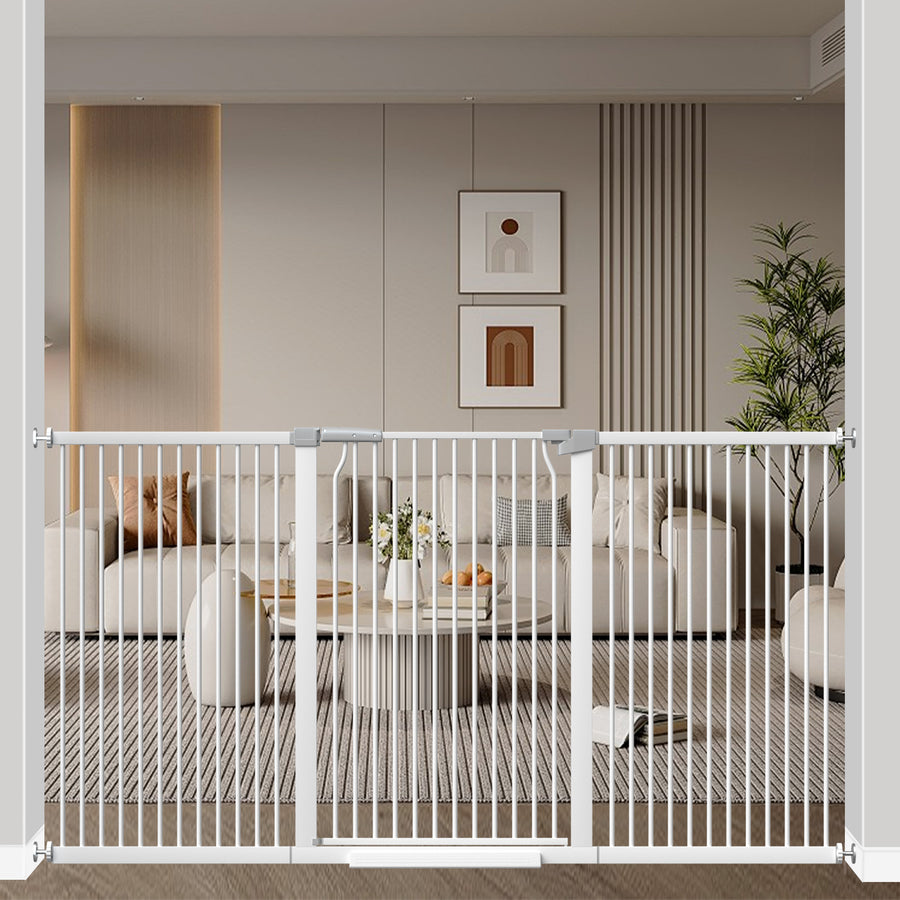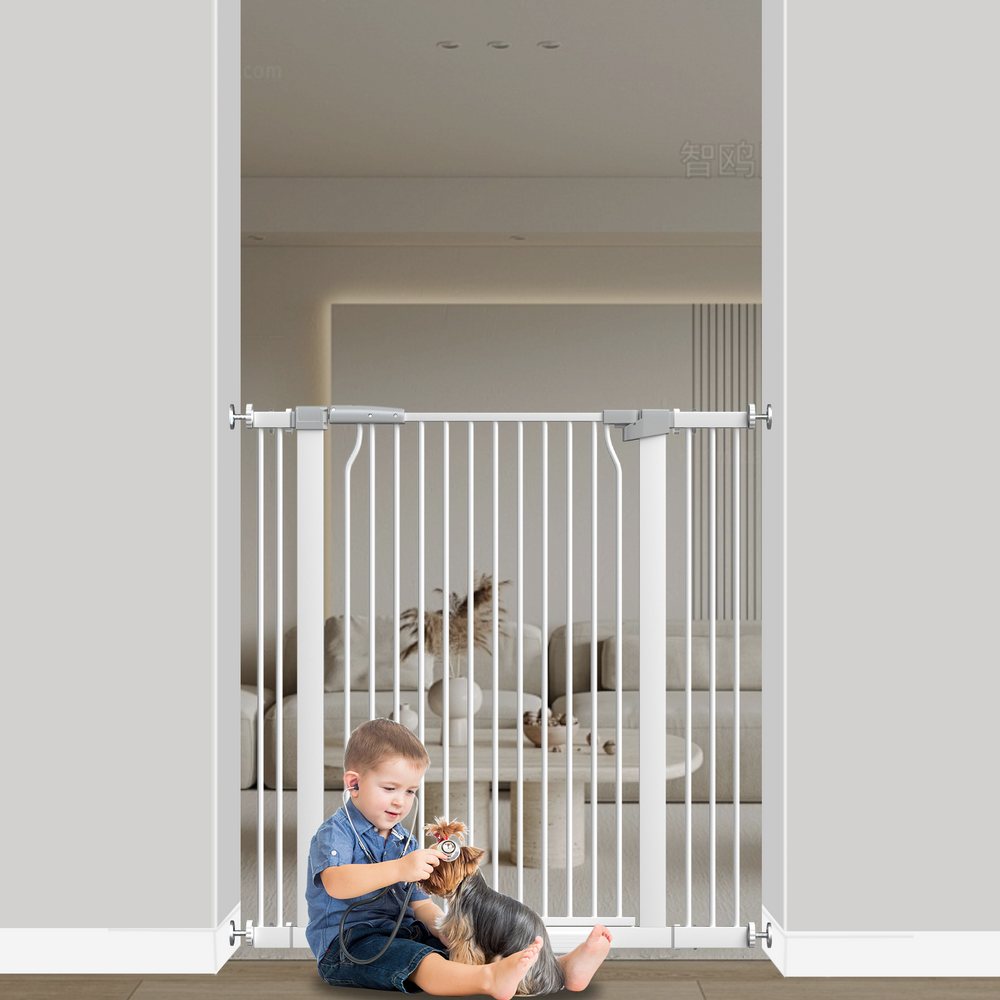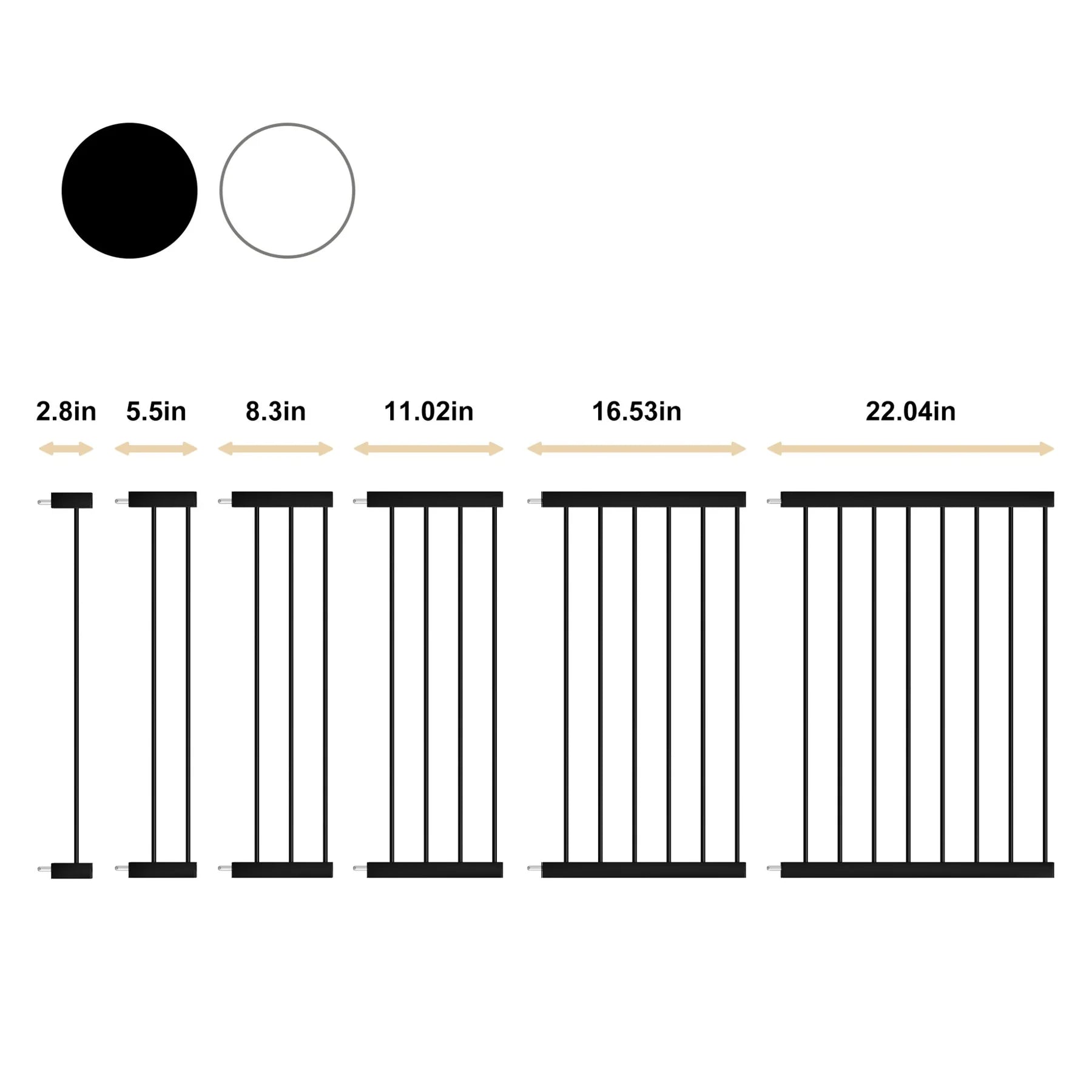Mini Dachshund: Complete Guide to This Small Breed
Understanding the Mini Dachshund
Breed Origins and History
Mini Dachshunds have a cool history. They're basically smaller versions of the standard Dachshund, and both types come from Germany. The name "dachshund" even means "badger dog" in German! Breeders originally made the mini version to hunt smaller animals, like rabbits. They're great at going underground because of their size and shape. These days, they're more popular as pets because they're loyal and cute.
Mini Dachshund Versus Standard Dachshund
So, what's the real difference between a mini and a standard Dachshund? It's mostly about size. The standard Dachshund was bred to hunt badgers, while the mini was for rabbits and other small prey. Here's a quick comparison:
| Feature | Mini Dachshund | Standard Dachshund |
|---|---|---|
| Weight | Under 11 pounds | 16-32 pounds |
| Chest Girth | Around 12-14 inches | Over 14 inches |
| Primary Purpose | Small prey hunting | Badger hunting |
While both share the same distinctive long body and short legs, the size difference impacts their exercise needs and even some health considerations. It's important to know which one you're getting!
Full Grown Mini Dachshund Size
Okay, so you know they're small, but how small are we talking? A full-grown Mini Dachshund usually weighs under 11 pounds. They typically stand about 5-6 inches tall at the shoulder. Their small size makes them good for apartment living, but don't let that fool you – they still need exercise! Here are some things to keep in mind about their size:
- They reach their full size around 1 year old.
- Their small stature means they can get cold easily, so sweaters might be needed in the winter.
- Be careful when they jump off furniture, as their backs are prone to injury.
Personality and Temperament of the Mini Dachshund
Characteristic Traits
Mini Dachshunds might be small, but they've got huge personalities! They're known for being bold and lively, always up for an adventure. They really do have the heart of a much bigger dog. They're also super intelligent and vigilant, always keeping an eye out for anything that moves. If they spot something unusual, they'll definitely let you know with a loud bark – they don't hold back!
Social Tendencies
Mini Dachshunds are social creatures, and they love hanging out with their families. They can be a little wary of strangers at first, though. They tend to be protective of their home and the people they love, so they might bark at unfamiliar faces or animals. That makes them pretty good watchdogs, even though they're small. Getting them used to different people, pets, and places when they're young is super important. It helps them grow into well-mannered adults and keeps them from barking too much or getting shy.
Family Life
Mini Dachshunds are loving and loyal, and they really enjoy being part of the family. They're fantastic with adults and older kids. If they're socialized early, they can usually live peacefully with other dogs. Just keep in mind that they might chase smaller pets because of their hunting instincts. They need human companionship to be happy and can get anxious if they're left alone too much. They demand respect, so it's important that kids know how to behave around them. If kids are sensible, a Mini Dachshund will be a loyal and friendly companion.
Mini Dachshunds are strong-willed and can be stubborn, especially when their hunting instincts kick in. But they also want to please their owners and can be trained with the right techniques. Food is a great motivator for them!
Caring for Your Mini Dachshund
Feeding and Nutrition
Mini Dachshunds, with their small stature, need a carefully managed diet to stay healthy. Portion control is super important because they can easily become overweight, which puts extra stress on their backs. It's a good idea to talk to your vet about the best food and portion sizes for your dog, considering their age, size, and how active they are. Overfeeding is a big no-no, and you should be mindful of treats and snacks.
- Choose high-quality dog food designed for small breeds.
- Follow a consistent feeding schedule.
- Limit treats to no more than 10% of their daily calorie intake.
It's easy to think you're showing love by giving your Mini Dachshund extra food, but you're really doing them a disservice. A healthy weight is key to preventing a lot of health problems down the road.
Grooming Needs
The grooming routine for your Mini Dachshund depends on their coat type. Smooth-coated dachshunds are pretty low-maintenance, needing only a weekly brushing. Long-haired and wire-haired varieties need more frequent brushing, several times a week, to avoid matting. All types benefit from regular ear cleaning, nail trimming, and teeth brushing.
- Brush regularly to minimize shedding.
- Clean ears weekly to prevent infections.
- Trim nails every 2-3 weeks.
Exercise Requirements
Don't let their size fool you; Mini Dachshunds are active little dogs that need regular exercise. Daily walks and playtime are important for their physical and mental well-being. It's important to protect their backs by preventing them from jumping off furniture or engaging in rough play. Games that let them chase or dig are great, but always supervise to prevent injuries.
- Take them for daily walks, even short ones.
- Provide toys that encourage mental stimulation.
- Avoid activities that put stress on their backs.
Here's a simple exercise guideline:
| Activity | Duration | Frequency | Notes |
|---|---|---|---|
| Walking | 20-30 minutes | Daily | Avoid steep inclines |
| Playtime | 15-20 minutes | Daily | Supervise to prevent jumping |
| Puzzle Toys | As needed | Daily | Keeps them mentally stimulated |
Training Your Mini Dachshund

Trainability and Intelligence
Mini Dachshunds are smart little dogs, but they definitely have a mind of their own. This means training can be both rewarding and a bit of a challenge. They're not dummies, but they can be stubborn, so you've got to keep things interesting for them. They respond well to positive reinforcement, but they need to want to learn.
Effective Training Tips
When it comes to training a Mini Dachshund, here's what I've found works best:
- Keep it short and sweet: Their attention spans aren't the longest, so aim for training sessions that are no more than 10-15 minutes. Several short sessions a day are better than one long, boring one.
- Use positive reinforcement: Treats, praise, toys – whatever motivates your dog. Mini Dachshunds are food-motivated, so small, tasty treats can be a great tool.
- Be consistent: Everyone in the family needs to use the same commands and rules. Consistency is key to avoiding confusion.
- Start early: Begin training as soon as you bring your puppy home. Early socialization is also important to help them become well-adjusted dogs.
Patience is super important. Mini Dachshunds can be a bit slow to housebreak, so don't get discouraged if it takes a little longer than expected. Crate training can be a helpful tool for housebreaking and providing a safe space for your dog.
Mental Stimulation
Don't forget about mental exercise! Mini Dachshunds need more than just physical activity; they need to keep their minds busy too. If they get bored, they can become destructive. Here are some ideas:
- Puzzle toys: These are great for challenging their problem-solving skills.
- Scent work: Dachshunds have amazing noses. Hide treats around the house and let them sniff them out.
- Interactive games: Play fetch, tug-of-war, or hide-and-seek.
Here's a quick guide to activities and their benefits:
| Activity | Benefit |
|---|---|
| Puzzle Toys | Problem-solving, prevents boredom |
| Scent Work | Stimulates their sense of smell |
| Interactive Games | Bonding, physical and mental stimulation |
Health Considerations for Mini Dachshunds

Common Health Issues
Mini Dachshunds, with their distinctive long backs, are unfortunately prone to certain health problems. Intervertebral Disc Disease (IVDD) is a major concern, where the discs in their spine can bulge or rupture, leading to pain, nerve damage, and even paralysis. It's something you really need to be aware of as a potential owner.
Other common issues include:
- Obesity: Extra weight puts more strain on their backs, worsening IVDD.
- Dental problems: Their small mouths can get crowded, leading to tartar buildup and gum disease.
- Patellar luxation: This is where the kneecap pops out of place.
Keeping your Mini Dachshund at a healthy weight is super important. It's not just about looks; it directly impacts their spine and overall well-being. Talk to your vet about the right diet and exercise plan.
Preventative Care
Preventing health problems in Mini Dachshunds is all about protecting their backs. Here's what you can do:
- Limit jumping: Jumping on and off furniture puts a lot of stress on their spines. Consider using ramps or stairs.
- Support their backs when you pick them up: Always support both their chest and rear.
- Maintain a healthy weight: Proper diet and exercise are key.
Regular vet checkups are also a must. They can catch potential problems early.
Lifespan and Longevity
Mini Dachshunds can live long and happy lives, typically between 12 and 16 years. Some even make it to their late teens! A good diet, regular exercise, and preventative care are key to helping them live a long and fulfilling life. It's a big commitment, but so worth it when you have a happy, healthy companion by your side.
Living with a Mini Dachshund
Living Environment Suitability
Mini Dachshunds are pretty adaptable, which is great if you're not sure what kind of home you'll have in the future. They can do well in apartments or houses, as long as their needs are met. They love being close to their people, so they're happy to chill inside with you.
- Apartments are totally fine, as long as they get enough walks.
- They love being part of the family, so expect them to follow you around.
- Ramps are a must to protect their backs from jumping off furniture.
It's important to make sure your mini dachshund has a safe and comfortable environment. This means keeping things like cleaning supplies and medications out of reach, and providing them with a cozy bed where they can relax.
Considerations for Prospective Owners
Before you bring a mini dachshund home, there are a few things to think about. They need attention and can get lonely if left alone for too long. Also, they can be barkers, which might not be ideal if you have close neighbors. Training and socialization are key to a happy and well-adjusted dog.
- They need lots of attention and can get lonely.
- Barking can be an issue if not addressed early.
- Early socialization is important for them to get along with other dogs.
Is a Mini Dachshund Right for You
Mini Dachshunds can be amazing companions, but they're not for everyone. If you're active and can give them the attention they need, they might be a perfect fit. But if you're gone a lot or can't handle a dog with a stubborn streak, it might be best to consider another breed. They're loyal and affectionate, but they also need someone who understands their unique needs.
- They're loyal and affectionate dogs.
- They need someone who understands their unique needs.
- They do well with moderately active people and families.
Conclusion
So, that's the lowdown on Mini Dachshunds! They're really something special, aren't they? Super charming, loyal to a fault, and pretty smart little dogs. Even though they're small, they've got these huge personalities, and yeah, they do have some specific health things to watch out for. But honestly, if you're ready to give them the right care and attention, you're in for a treat. Knowing what they need, like their traits, potential health stuff, and how to care for them, just helps make sure you and your Mini Dachshund have a long, happy life together. It doesn't really matter if you live in a tiny apartment or a big house with a yard; as long as they get lots of love, some good exercise, and proper care, they'll fit right in.






Leave a comment